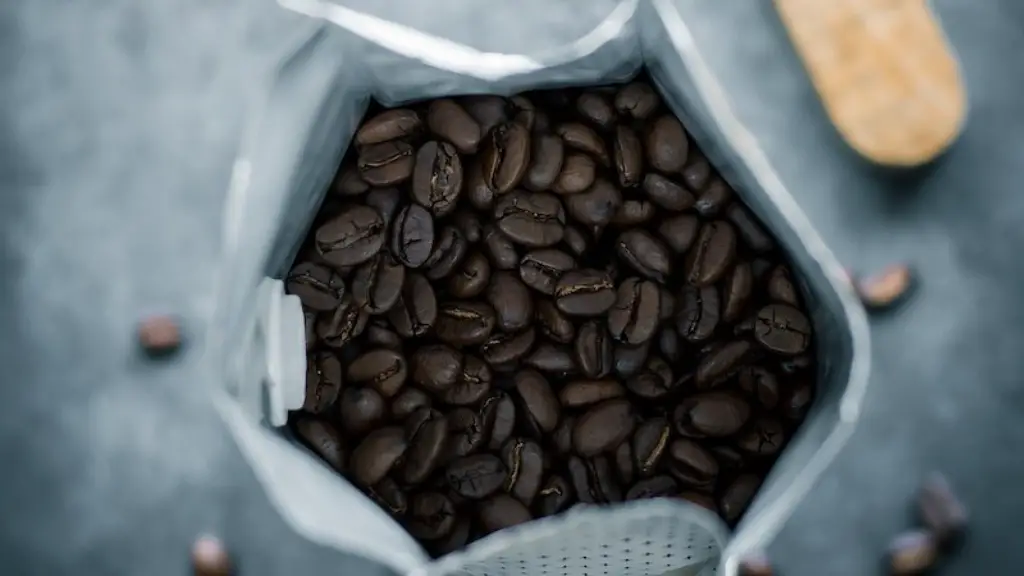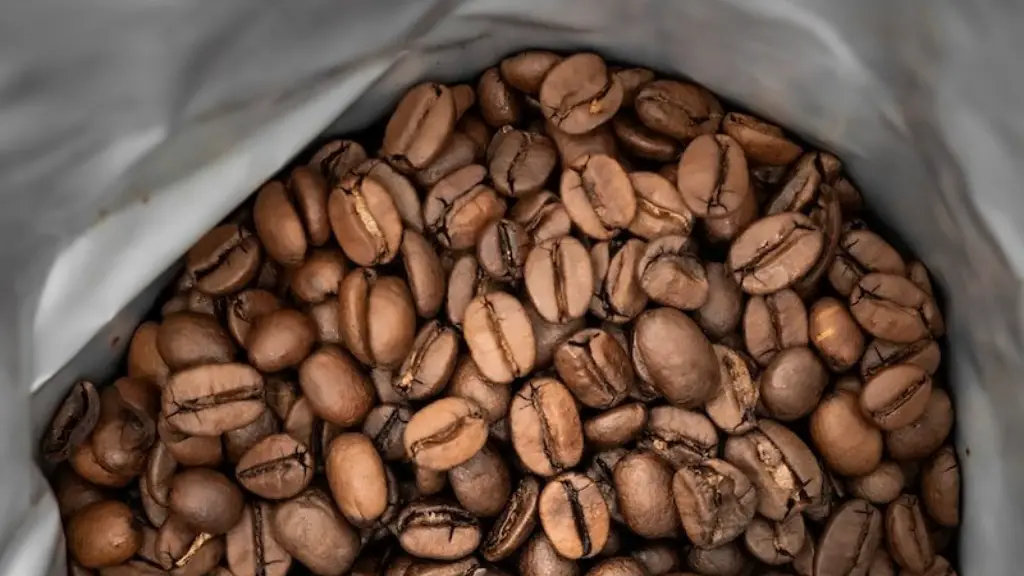Intermittent fasting, a dieting technique which revolves around changing when you eat rather than what you eat, has become a popular go-to for those trying to slim down or manage their weight. But for regular coffee drinkers, one of the hardest questions to answer is whether it is okay to drink coffee while on an intermittent fasting diet.
Although there is no clear-cut answer, as this diet practice is yet to be extensively studied and dieters respond to diet protocols differently, there are some tips and guidelines which can help you find the right balance.
One of the most important factors to consider is that coffee itself is calorie-free – unless margarine and sweetened creamers are added – so while adding cream, almond milk, soy milk, or other sugars into a cup of black coffee can kick you out of fasting protocol, this can be avoided by adding bulletproof alternatives instead.
Some people, particularly those with a higher tolerance for caffeine, may also choose to add a scoop of either grass-fed butter or MCT oil. While this may provide a slight caloric bump, it does not contain enough sugar to count as a meal or destroy your intermittent fasting process.
It is also important to note that, although your body may respond the same way to a cup of coffee no matter what kind of diet you are on, the effects of other foods differ – some drink coffee to reduce their cravings while on an intermittent fasting diet, whereas some suggest using caffeine as a way to fuel their workouts on fasting days.
Moreover, there are some studies showing that caffeine may temporarily increase metabolic rate, although results need to be further examined. In this regard, people may choose to increase their intake of coffee prior to their fasting windows for additional benefit, as long as it does not kick them out of the intermittent fasting protocol.
However, it is important to bear in mind that different people have different responses to caffeine, so it is important to pay attention to how your body is responding – if you find yourself having trouble sleeping, or feeling jittery and anxious, then keep your coffee intake in check. On the other hand, if you notice that your performance is improved and your energy levels are higher when consuming black coffee during intermittent fasting, then it might be helpful to include it in your diet plan.
The Role of Insulin in Intermittent Fasting and Coffee Consumption
Coffee is also thought to contain compounds which can interfere with insulin production and release. Insulin is a hormone which helps regulate blood sugar levels and helps the cells in the body absorb glucose. As such, some experts suggest that, when consumed in moderation, coffee and caffeine can help decrease insulin resistance, thereby helping individuals with insulin sensitivity remain in an intermittent fasting state.
At the same time, it is also important to consider that, as intermittent fasting involves relatively short periods of fasting, it is not expected to provide any significant benefits from a nutritional point of view. In this regard, some experts suggest that it may be best for those trying to stick to an intermittent fasting protocol to instead focus on eating the right types of foods rather than leveraging coffee as a tool for gaining the benefits of fasting.
Benefits and Tips for Drinking Coffee During Intermittent Fasting
Despite its potential effects on insulin production, there are still some benefits to drinking coffee while intermittent fasting. For one, research suggests that caffeine can help suppress appetite and aid in weight loss, meaning that those on an intermittent fasting protocol can reap some of the same benefits as those on an average calorie-restricted diet. The same studies suggest that coffee can also aid in digestion, helping to reduce bloating and flatulence. Finally, coffee may help boost endurance and physical performance, especially when taken prior to a workout.
Nonetheless, there are still some tips to bear in mind when drinking coffee while intermittent fasting:
- Drink coffee in moderation – do not overconsume it.
- Consume black coffee only – avoid milk, creamers, and sugars which can kick you out of fasting protocol.
- Pay attention to your body’s response to caffeine – if you are feeling jittery or having trouble sleeping, it is best to cut back on your coffee consumption.
- Focus on foods and meals with the right macronutrients, rather than relying on coffee to provide the same health benefits as other types of diets.
Mechanisms of Action of Coffee During Intermittent Fasting
When it comes to understanding the effects of coffee during intermittent fasting, it is important to remember that different mechanisms of action may be responsible. For example, coffee is known to contain chlorogenic acid, which has been linked to increased metabolic rate and increased fat burning. This means that, while it is not necessary to overconsume the beverage, there are still potential benefits to be gained from an occasional cup.
Coffee also contains caffeine, a stimulant which has been linked to improved performance, improved focus and mental clarity, and increased energy levels. This can be beneficial for those who struggle to make it through the day on an empty stomach, as it may make it easier to stick to their intermittent fasting routine. Of course, it is best to maintain moderation to avoid adverse reactions such as jitters, irritability, and restlessness.
Potential Side Effects of Consuming Coffee During Intermittent Fasting
One of the major risks associated with drinking coffee during fasting is that it can interfere with the body’s natural digestive processes. For instance, because caffeine stimulates gastric acid production, it can cause unwanted bloating, flatulence, heartburn, and stomach cramps. Additionally, caffeine can also cause increased heart rate, increased blood pressure, and can even lead to dehydration if too much is consumed in a short time period.
Furthermore, it is important to keep in mind that caffeine is a stimulant which acts as a central nervous system depressant when taken in excess. This means that, if people drink too much coffee in a short period, they can experience feelings of nervousness, anxiety, insomnia, and irritability – all of which can be amplified when an individual is already on a restrictive dieting protocol. As such, it is best to stick to the recommended dosage and monitor your body’s responses to the beverage.
Psychological Aspects of Intermittent Fasting With Coffee
Finally, it is also beneficial to consider how drinking coffee while intermittent fasting may affect one’s mindset. For some people, it may be difficult to stick to a fasting protocol because of anxiety, boredom, or fatigue. For example, some may find that having a cup of coffee in the morning helps to reduce feelings of deprivation or restlessness, which can make it easier to stick to the diet for a period of time.
Additionally, some people may rely on coffee as a tool to improve focus, productivity, and energy levels during fasting periods, particularly when trying to work or exercise. In this regard, it is important to pay attention to how your body responds and adjust your consumption accordingly.
Environmental Implications of Coffee Consumption
Coffee production is one of the top commodities in the world, and the number of coffee plants has increased significantly in the past few decades. This has had both positive and negative environmental impacts, including deforestation, water contamination, air pollution, and soil erosion.
For instance, the amount of coffee production has more than doubled in the last 20 years, with many coffee plantations choosing to use chemical fertilizers, pesticides and insecticides. This affects both the land and water sources, which can lead to decreased soil quality and increased water contamination. In this regard, it is important to be aware of how consuming coffee may be contributing to environmental degradation, and to take measures to ensure that purchases are ethically sourced.
Furthermore, it is important to remember that coffee beans have to be shipped to processing and roasting plants, meaning that their production also results in a large amount of air pollution. Coffee production also requires a lot of energy, so it is important to choose brands that use renewable sources and implement sustainability initiatives. At the same time, it is best to focus on reuse and recycle initiatives, as well as minimizing the amount of waste generated.
Conclusions on the Impact and Usage of Coffee During Intermittent Fasting
In conclusion, there is no single answer as to whether consuming coffee is beneficial or detrimental to an intermittent fasting diet. Ultimately, it is best to approach this from an individual perspective, paying attention to your body’s responses and paying attention to the environmental impacts of your consumption habits. With the right guidance and support, it may still be possible to enjoy coffee while fasting, provided the consumption is moderated and done in a way that does not interfere with the body’s natural metabolic processes.





